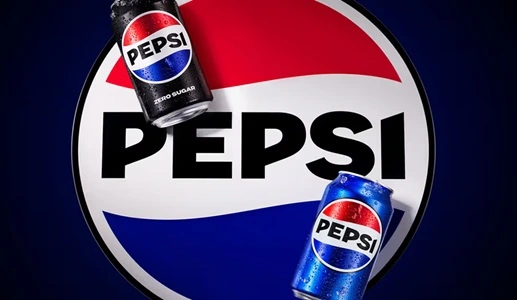No, Pepsi is not an Indian company. PepsiCo Inc. is an American multinational corporation known for its wide range of beverages and food products. Founded in 1898, PepsiCo has grown to become one of the largest food and beverage companies globally, with its headquarters in Purchase, New York, USA.
Pepsi Company Information

| Feature | Details |
|---|---|
| Full Name | PepsiCo Inc. |
| Industry | Food and Beverage |
| Founded | 1898 |
| Headquarters | Purchase, New York, USA |
| CEO | Ramon Laguarta |
| Products | Pepsi, Lay’s, Tropicana, Quaker, etc. |
| Revenue (2023) | $87.0 billion |
| Global Presence | Operations in over 200 countries |
History of PepsiCo
– Founding and Early Years
PepsiCo traces its origins to 1898 when pharmacist Caleb Bradham created “Brad’s Drink,” a concoction of sugar, water, caramel, lemon oil, nutmeg, and other natural additives. Renamed Pepsi-Cola in 1898 and eventually Pepsi in 1961, the company focused on expanding its market presence in the United States.
– Global Expansion and Diversification
Throughout the 20th century, PepsiCo expanded its product offerings beyond beverages. In 1965, it merged with Frito-Lay, Inc., forming one of the largest snack food companies in the world. This merger marked the beginning of PepsiCo’s diversification into snacks, including brands like Lay’s and Doritos.
Current Market Status
Today, PepsiCo is a global powerhouse in the food and beverage industry. It offers a diverse portfolio of products, including carbonated soft drinks (Pepsi, Mountain Dew), non-carbonated beverages (Tropicana, Gatorade), snacks (Lay’s, Doritos), and breakfast foods (Quaker).
PepsiCo operates in over 200 countries and territories worldwide, with a strong presence in India through its subsidiaries and distribution networks. The company continues to innovate, introducing healthier options and responding to consumer trends towards sustainability and wellness.
Corporate Responsibility and Sustainability
PepsiCo emphasizes corporate responsibility, focusing on environmental sustainability, community engagement, and diversity and inclusion. Initiatives such as reducing plastic use, promoting water conservation, and supporting local communities underscore PepsiCo’s commitment to sustainable business practices.
In conclusion, while PepsiCo is not an Indian company, its products are widely consumed and appreciated in India, contributing to its global reputation as a leader in the food and beverage industry.